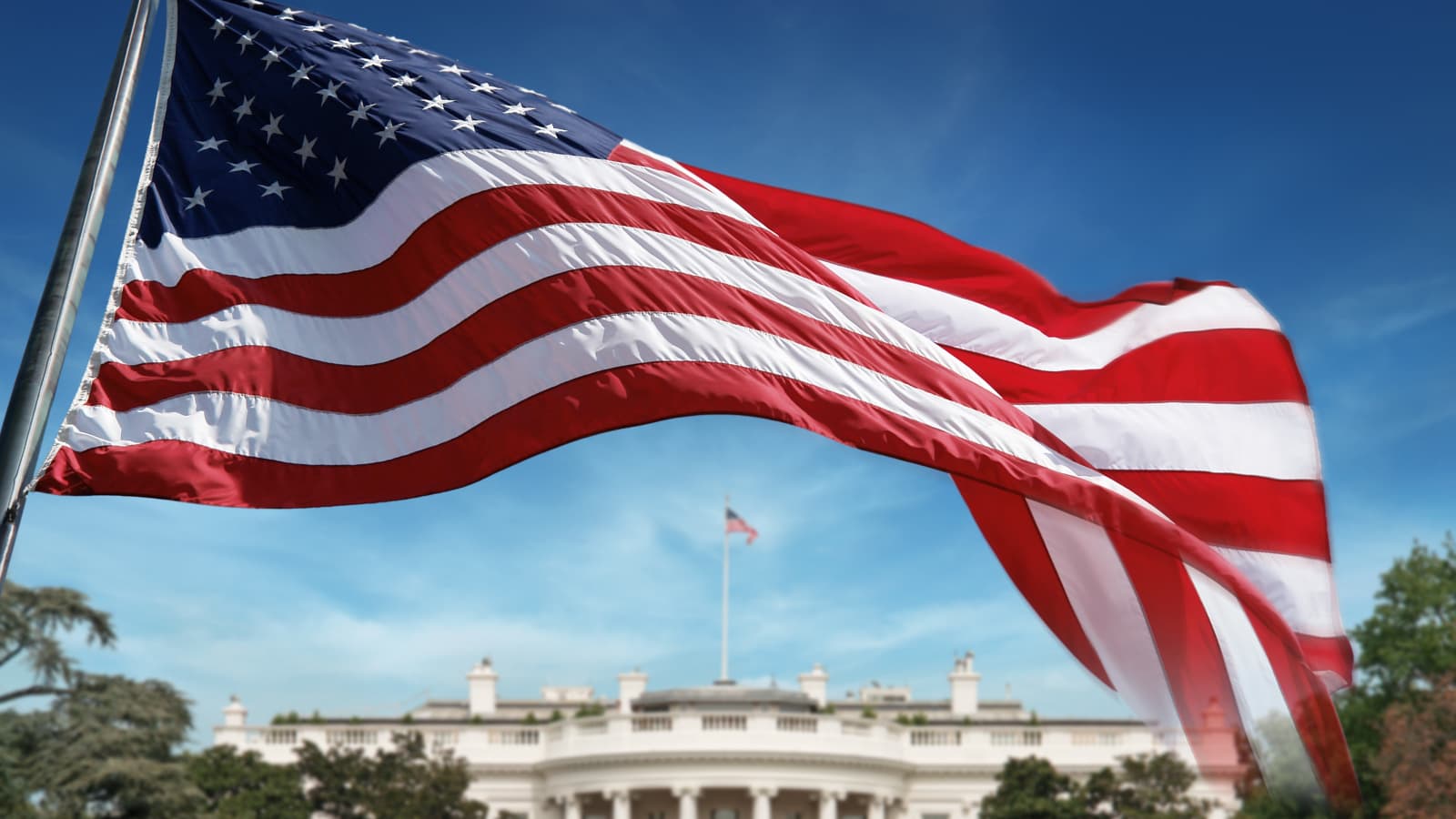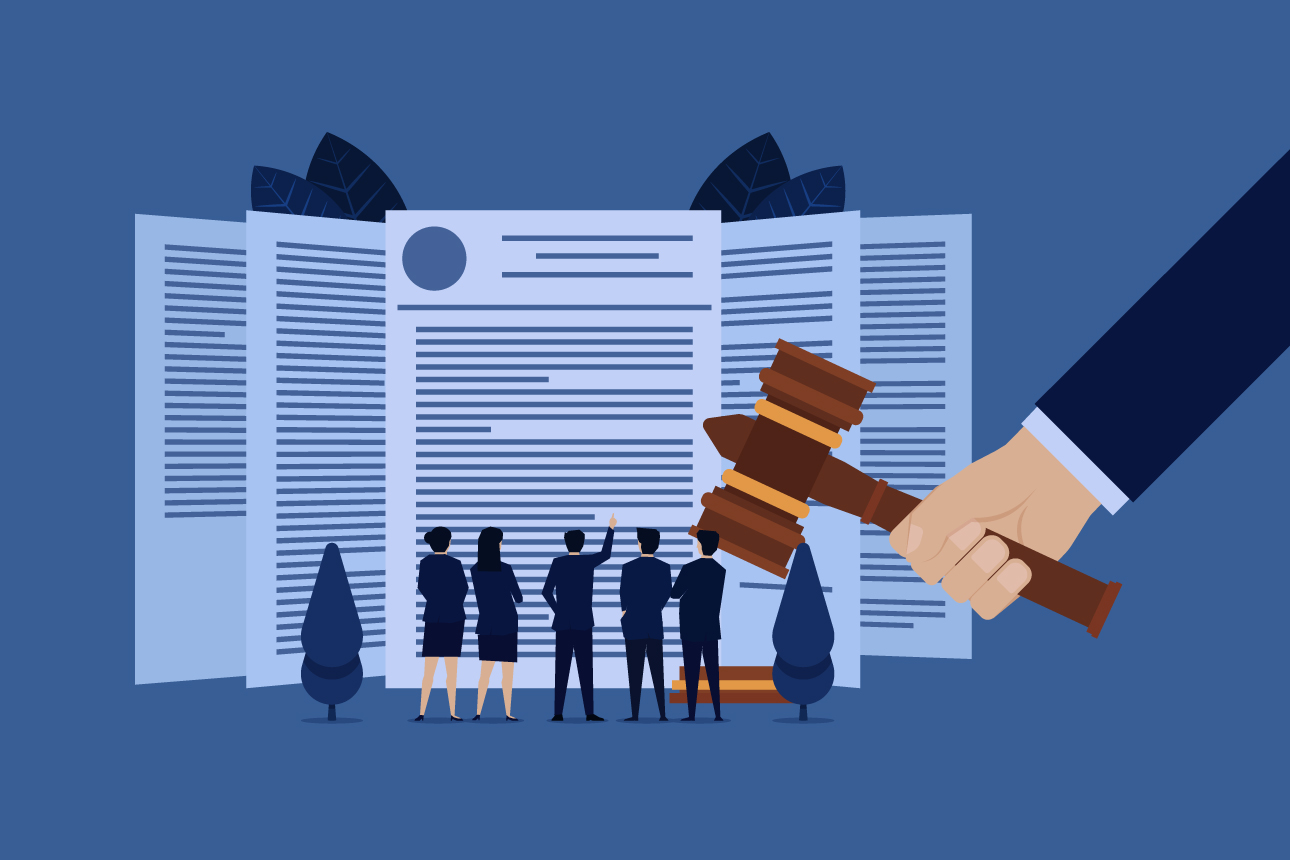Is tech hurting American soft power?

About 30 years ago, the political scientist Joseph Nye overturned convention when he suggested that states exert not just “hard” power — i.e., military might — but “soft” power as well. Soft power, Nye wrote is “when one country gets other countries to want what it wants … in contrast with the hard or command power of ordering others to do what it wants.”
In other words, soft power is rule by attraction, not by force. Countries with greater cultural, economic, scientific and moral influence, the theory goes, “punch above their weight,” converting that influence into material gains. It encompasses everything that isn’t guns, soldiers or materiel. Queen Elizabeth II is a soft power all-star, as is Rihanna. But so too are Hollywood, sushi, Louis Vuitton and Copacabana Beach.
The likes of Broadway, Michael Jordan, Harvard and Starbucks have long made America, a superpower by conventional means, a soft power one as well. But much of American soft power in recent years can be attributed to our technological ingenuity. After all, the biggest names in technology — Amazon, Facebook, Google — are American. The world’s rich almost universally use iPhones; the world’s top firms run on Microsoft Windows. And world leaders from Narendra Modi to the Pope rely on Twitter and Instagram to reach their followers.
The world’s OS, in other words, is American. And that means the majority of the world lives on technology that is based, for the most part, on American values like free speech, privacy, respect for diversity and decentralization.
Meanwhile Silicon Valley is perhaps the biggest overseas draw America has. As many as 40% of software workers are immigrants. Google, Tesla and Stripe all have immigrant founders. When I attended Stanford a decade ago, I witnessed firsthand the endless march of visiting delegations. Germans, Australians — even Russian President Dmitry Medvedev — all came with some version of the same question: How do we replicate Silicon Valley back home?
American politicians have been right to point to our tech sector as one of America’s best exports. But what happens when it stops being a force for good? Is it possible for soft power to actually go in reverse and detract from a nation’s influence?
After all, the harmful externalities of technology are amply documented — fake news in India, a gencoide ginned up in Myanmar, ISIS propaganda in Britain. Europe has gone after tech giants like Apple and Google for dodging taxes and violating privacy while Amazon has come under fire in Britain for worker abuses. And tech’s unhealthy impact on children and teens is rightfully coming under increased scrutiny.
As tech is tied more and more to hard power — and as American supremacy relies more and more on Big Tech firms — Washington is left with a conundrum: If, as Nye, posited in 2012, “credibility is the scarcest resource,” is America able to separate the increasingly baleful actions (and reputations) of its tech firms from Brand USA?

This whole situation reminds me of the COP26 climate change negotiations that wrapped up last month in Glasgow. Aren’t rich countries, many argue, responsible for the actions of their energy companies? It’s a controversial question, but one thing is certain: Exxon Mobil no longer burnishes America’s image. In fact, as the economic costs of climate change are increasingly priced in, it is more likely a liability than an asset.
Unlike its oil giants, America’s tech industry is not precipitating a civilizational crisis. We generally find their products useful. They have generated massive economic activity. And they do have positive externalities. To take one not-so-hypothetical example, Apple iPhones are now used to record human rights abuses, which are posted on Alphabet’s YouTube and shared on Meta’s Facebook and WhatsApp.

But when American tech firms spread hate or abet violence in other countries, they reflect poorly on the U.S. And if the U.S. is to bask in their glow, it should also take responsibility for their shortcomings, if for no other reason than its own reputation.
Of course there is no shortage of Washington politicians seeking to bring Big Tech to heel. The Biden administration is working hard to coordinate with allies on a great number of regulatory actions. Congress and agencies like the FCC and FTC are poised to take meaningful antitrust action.
These moves, as well as broader reforms like the recent global corporate tax deal at the G20, go some way toward ameliorating corporate abuses. But while regulatory efforts rightly focus on protecting American consumers, they should also take some responsibility for the very real lives harmed abroad.
What would that look like? For one, antitrust investigations might examine tech firms’ monopolies in foreign markets. U.S. standards for free speech may not be applicable in blanket fashion, but regulators might nudge American tech firms to apply the same care in serving poor foreign markets as they do at home, starting with more content moderation in foreign languages. They should also consider adopting more locally nuanced rules in foreign markets (while avoiding doing the bidding of whomever is in charge).
/cdn.vox-cdn.com/uploads/chorus_asset/file/16207830/Big_companies.jpg)
Governments should also work more with the tech giants to share intelligence about how their products are used — both organically to ill effect and maliciously by foreign actors. American diplomats on the ground might regularly brief tech executives about the on-the-ground impact of their products and nudge them toward policies that are less harmful. They might require experimentation with more forms of external oversight, as Facebook has done with its Oversight Board. At a minimum, they might proactively work together to ensure American technologies don’t fuel nascent or ongoing crises, as appears to be the case in Ethiopia right now. But the U.S. shouldn’t shy away from more aggressively using its Entity List to sanction companies involved in human rights abuses.
There is much firms can do on their own proactively as well. LinkedIn, to its credit, stopped doing business in China when faced with increasing censorship on its platform. When pushed, the platform decided that its (liberal) values were too important to sacrifice. Fourteen years after handing over dissidents’ user data to Chinese authorities, Yahoo stopped doing business in China as well. And tech workers should speak up too. Many have objected when their firms work with the Pentagon or other national security agencies; they ought to be as — if not more — critical of work with authoritarian governments.
Tech firms have more power than they think. When they let undemocratic governments get away with outrageous requests like censoring content, spying on dissidents and denying technology to democracy activists, they risk diminishing the magic that makes American tech firms so attractive in the first place. We are all poorer for the self-censorship already practiced by American firms (when was the last time a movie depicted China in a negative light?). Exporting self-censored technology would be exponentially worse.
Tech executives have grown fond in recent years of defending their companies (and their monopolies) on patriotic grounds. But when tech errs, it is far more harmful than producing an offensive movie. Policymakers must make clear that if American tech firms expect goodwill from Washington, they should make good on their words and consider how their actions directly harm American interests and values. They must recognize that tech’s reputation is America’s as well.

Source: TechCrunch




